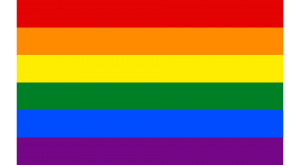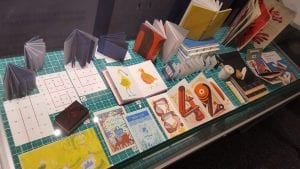October is Black History Month and Black history happens every day. To celebrate this, the library has put together a list of 365 books by authors of colour from our catalogue and e-book collections. The list was inspired by the website Black History 365 and the list of 365 Books By Women put together for International Women’s Day by the New York Public Library. It has been assembled through searches inspired by the Black British Writers wikipedia category page, as well as the African-American writers catalogue page. It also draws lists of books by Black and BAME writers published online, such as this one from Stylist. We hope you find it interesting!
Our More Books service is open for students and staff to request the purchase of items we do not have in our collections, so please do get in touch if you notice any errors or omissions.
Continue reading “365 Books to Celebrate Black History Month Year-Round”


